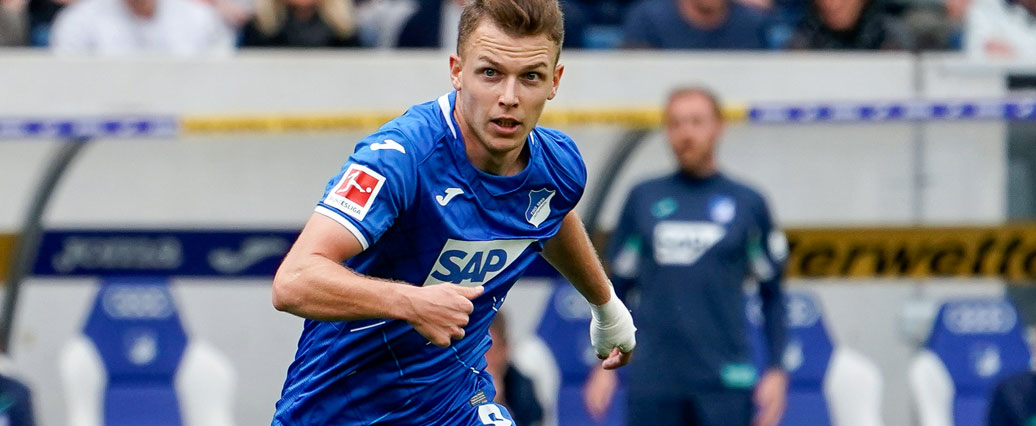In the Bundestag on Wednesday, Scholz was elected new prime minister with 395 out of 707 votes. He will be given responsibility for the engine of the European economy and will face challenges related to the pandemic, which has hit hard and partially divided Germany.
Among other things, he is positive about a controversial proposal for a vaccine order.
Scholz is Germany’s ninth prime minister since World War II.
Ambitious and robotic
The leader of the Social Democratic SPD has been nicknamed “Scholzomat” for his robotic speeches. He is referred to as «thorough, confident and very ambitious».
He was one of three prime ministerial candidates in the election this fall. It was clear that Angela Merkel would resign, and Scholz was the only candidate with top-level government experience.
In addition, unlike his rivals, he had avoided embarrassing mistakes and mistakes.
For the past eight years, the SPD has been the younger brother of Angela Merkel’s last two governments, with the CDU / CSU being the dominant party. But after the election four years ago, the SPD has grown on a par with its Christian Democratic coalition partners. And in the run-up to the election campaign, the SPD became the largest in the polls for the first time in 15 years.
Traffic lights
When the election fell, it became clear that the Social Democrats won the election with 25.7 percent of the vote.
In the government negotiations, Scholz emerged as the victorious and unifying candidate, ahead of CDU / CSU’s Armin Laschet and the Greens’ Annalena Baerbock.
He will now lead a traffic light coalition consisting of the three parties. The nickname comes from the party colors red (SPD), yellow (FDP) and green (The Greens).
As Merkel’s Deputy Prime Minister, Scholz has been one of Germany’s most influential politicians. But the Germans do not believe that he will stay that long.
One in five believe the traffic light government will collapse before the next election, while 40 percent believe the government will not win re-election. Scholz himself says he has been coming to stay for a while.
Cautious fiscal politician
During his three and a half years as Minister of Finance, Scholz has consolidated his position as a fiscal conservative. He admittedly agreed to set aside the “debt brake” – a constitutional requirement for balance in the state budget – during the corona crisis, but he has insisted that it be reintroduced by 2023.
– All this is expensive, but it would be even more expensive not to do anything, he has said about the measures that will reduce the economic damaging effects of the pandemic.
His cautious approach has at times led him on a collision course with his own party, and as the outgoing deputy leader he was not a candidate for the leadership position in 2019. Instead, the party got two less profiled leaders from the left wing. Nevertheless, Scholz has adhered to the party’s line in the major election campaign issues, including support for the minimum wage and opposition to the Conservatives’ promise to cut wealth taxes.
Although he has a tight grip on the economy, there are cases where the money has been a little looser, not least when he, as mayor of Hamburg, saved the concert hall Elbphilharmonie, which was far more expensive than planned.
The man who has the motto “I can only hand out what I have”, defended the rescue package with the city’s good economy.
From left to center
The SPD’s hopeful candidate was born in Osnabrück and joined the party as a teenager. He showed interest in ideals further to the left in the party, but eventually ended up in the center.
After graduating as a lawyer with employment law as a special field, he was elected to the Bundestag as a 30-year-old in 1998. The same year he married party colleague Britta Ernst.
The dry speeches he tirelessly delivered to defend the then Prime Minister Gerhard Schröder’s unpopular labor reforms in the early 2000s gave rise to the robot nickname. He himself has admitted that he “is not someone who is particularly emotional in politics”. Scholz has a good relationship with Prime Minister and Prime Minister Angela Merkel.
As Merkel’s Labor minister from 2007 to 2009, he avoided mass redundancies by convincing companies to reduce employees’ working hours, while the state provided wage subsidies. This recipe, with partial leave covered by the state, was used again when the pandemic and infection control measures led to an economic halt.
Scholz wants closer integration among the euro countries and thinks Germany should contribute more to the EU budget after the UK left the union.
–


